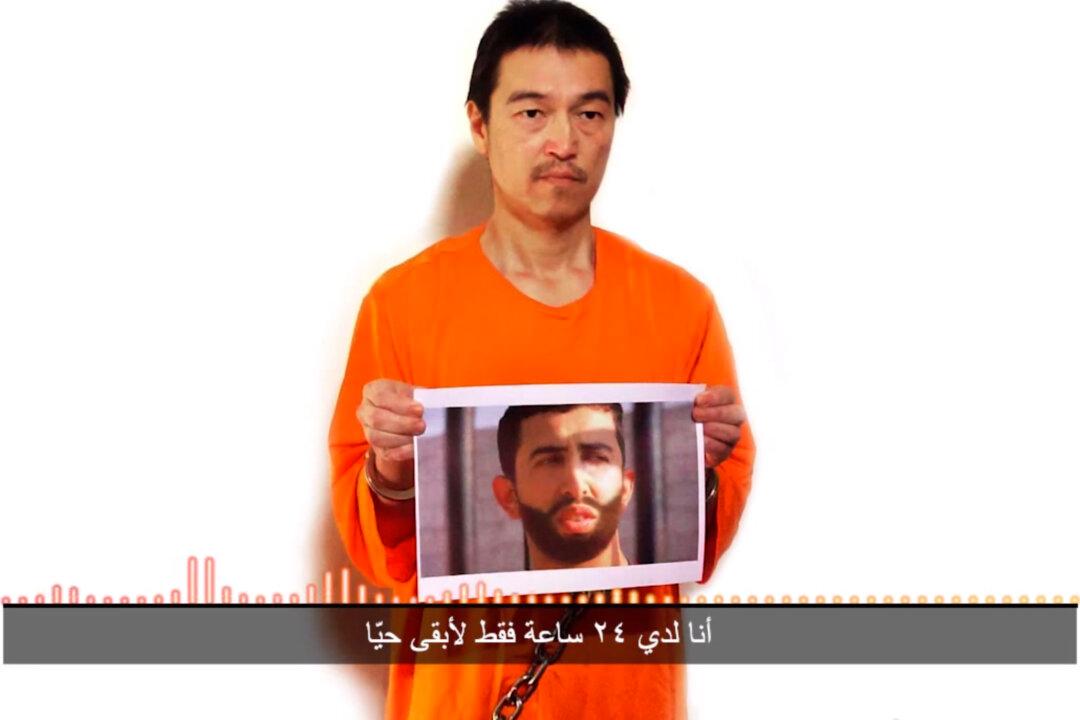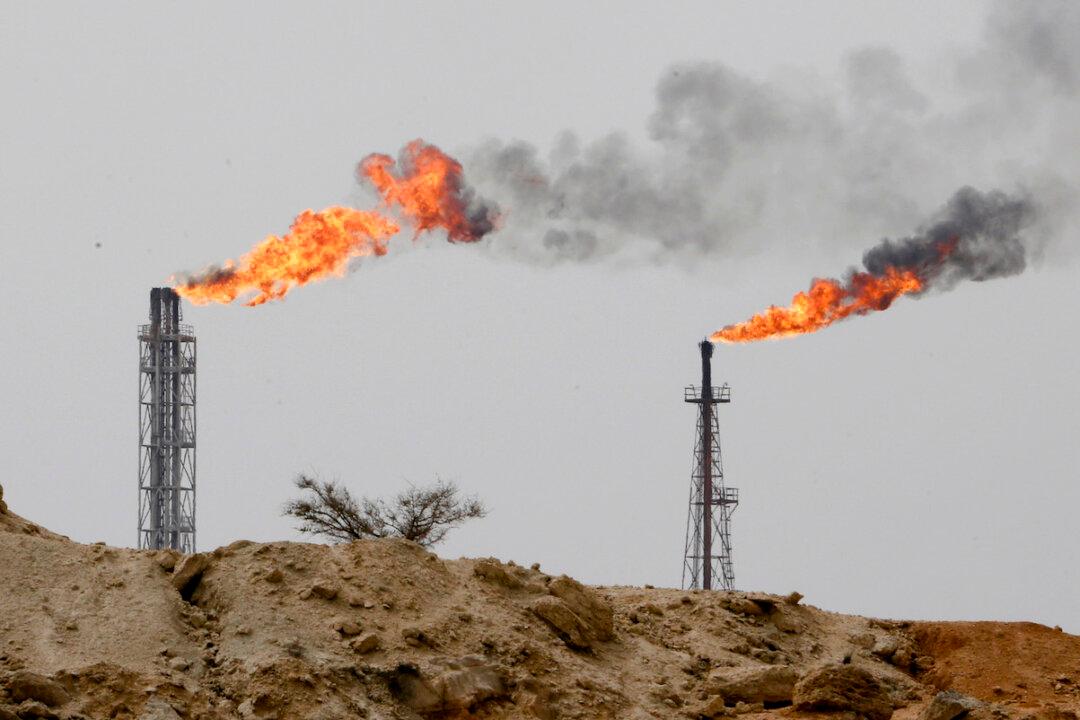Japan has been fervently trying to negotiate with the Islamic State, or ISIS, after the terrorist organization threatened to kill him, prompting speculation that Tokyo could change its foreign policy stance.
The Japanese Constitution, drafted in the wake of World War II, outlaws the country from going to war. Japan actually has the eighth-largest military in the world, but it’s used for defense and is called the Japan Self-Defense Forces.
Allan Bird, who serves as a professor in Global Business at the D'Amore McKim School of Business at Boston’s Northeastern University, says it’s highly unlikely Japan will use the ISIS hostage situation to take steps towards fighting conflicts overseas.
READ MORE





